Anti-aging: Your complete guide to maintaining radiant and youthful skin

Despite the wisdom that one gains with age, anti-aging remains the most searched topic for many people, as the main issue lies in the marks that time leaves on the skin. This drives many to look for ways to fight the signs of aging—not to battle time itself, but to minimize its negative effects on appearance and skin radiance.
Why do signs of aging appear, and how can they be slowed down?
Signs of aging are not entirely inevitable! In fact, studies show that 80% of aging signs result from environmental and lifestyle factors, not just the natural process of aging. From wrinkles and fine spots to loss of elasticity, you can take proactive steps to delay these signs and maintain glowing, youthful skin. In this guide, we explore the latest scientific strategies and active ingredients for “anti-aging,” along with practical tips you can start applying today.
Understanding signs of aging: what happens to your skin?
Before diving into anti-aging methods, it’s essential to understand the biological processes behind the appearance of aging signs:
- Loss of collagen and elastin: after a certain age, production of these vital proteins slows, leading to sagging skin and wrinkles.
- Accumulation of dead skin: the rate of shedding dead cells slows down, making skin look dull and uneven.
- Dark spots: caused by irregular melanin production due to sun exposure or other factors.
- Skin dryness: oil-producing glands become less active, leading to roughness and itching.
These changes are classified into two types:
- Intrinsic aging (natural due to growing older).
- Extrinsic aging (caused by factors such as sun, pollution, smoking).
Active ingredients in anti-aging: your scientific guide
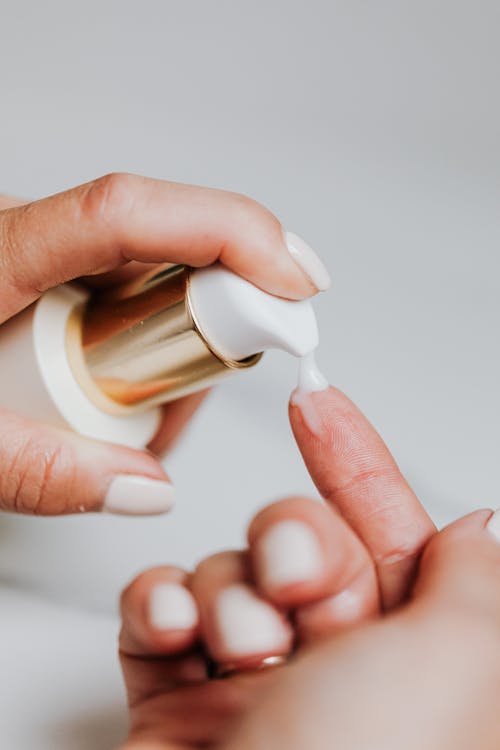
Choosing the right products depends on understanding active ingredients and their mechanisms. Here are the most scientifically backed ingredients:
-
Retinoids (Vitamin A derivatives)
Derived from vitamin A, used carefully with medical guidance, they stimulate collagen production, accelerate cell renewal, and reduce deep wrinkles.
Usage tips: start with a low concentration and use at night. Avoid during pregnancy or breastfeeding.
2. Vitamin C
A widely used anti-aging antioxidant. It neutralizes free radicals, stimulates collagen, and evens skin tone.
Usage tips: apply in the morning under sunscreen to enhance UV protection.
3. Hyaluronic Acid
A popular anti-aging ingredient, it attracts moisture like a sponge and deeply hydrates the skin, making fine lines less visible.
4. Antioxidants (Vitamin E, green tea)
Vital for skin vitality, they fight oxidative stress from pollution and UV rays, helping preserve freshness and glow.
5. Alpha Hydroxy Acids (AHA)
How they work: gently exfoliate, reveal new cells, and improve overall texture.
📌 Important note: not all expensive products are effective! The key is focusing on active ingredients.

Sun protection: the strongest weapon against premature aging
95% of premature aging signs (wrinkles, spots) are caused by sun exposure. Therefore:
- Use broad-spectrum sunscreen (SPF 30 minimum) daily, even on cloudy days or indoors.
- Reapply every two hours during direct sun exposure.
- Choose products with zinc oxide or titanium dioxide for the safest physical protection.
The role of nutrition in anti-aging: you are what you eat!
Inner care is just as important as topical products. These foods boost skin health from within:
| Food | Main benefit |
|---|---|
| Blueberries | Rich in antioxidants (anthocyanins) to fight free radicals. |
| Salmon | Omega-3 fatty acids maintain hydration and elasticity. |
| Spinach | Vitamins A, C, E support collagen and cell renewal. |
| Walnuts & Almonds | Vitamin E and healthy fats protect against damage. |
| Cooked tomatoes | Lycopene protects from UV damage. |
| Green tea | Polyphenols reduce inflammation and oxidative stress. |
Avoid these foods: refined sugars, processed meats, and trans fats that trigger inflammation and speed up aging.
The ideal daily anti-aging routine
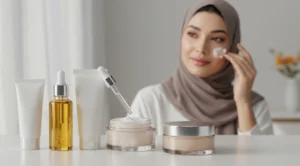
Your routine doesn’t have to be complicated! Here are simple, effective steps:
- Gentle cleansing: use alcohol-free cleansers to protect the skin barrier.
- Antioxidant serum (Vitamin C): apply in the morning to protect from free radicals.
- Moisturizer: choose one with hyaluronic acid or ceramides.
- Sunscreen: the most important step every morning.
- Retinol (night): start twice a week, increase gradually, don’t mix with strong exfoliants.
- Gentle exfoliation (1–2 times weekly): use enzymatic or mild AHA exfoliants, avoid harsh scrubs.
Reminder: extend skincare to neck and hands, as they also show aging signs.
Common myths about anti-aging: know the facts
-
Regular moisturizer can replace anti-aging products.
Anti-aging products are designed for wrinkles and spots, while moisturizers only keep skin hydrated.
-
The most expensive products are the most effective.
Effectiveness depends on formulation and active ingredients, not price.
-
Genetics are the only factor
Lifestyle and environmental factors (sun, smoking) play a much bigger role in premature aging than genes.
When should you see a dermatologist?
Seek professional advice if:
- You notice sudden changes in moles.
- New or irregular spots appear.
- You see no results after months of consistent routine.
- You want advanced treatments (Botox, fillers, laser).
Conclusion: graceful aging is your choice
Anti-aging is a holistic journey built on consistency and smart choices. It’s not about stopping time, but embracing your age with the best health and glowing skin. Start early (even mid-20s), and do it wisely: combine sun protection, science-backed active ingredients, and a healthy lifestyle. Enjoy every stage of life with confidence and radiance!
Frequently Asked Questions (FAQ)
1. What is the best ingredient for deep wrinkles?
Retinoids (retinol, prescription or over-the-counter) are the gold standard for collagen stimulation and texture improvement.
2. Can existing signs of aging be reversed?
They can’t be fully reversed, but ingredients like retinol and hyaluronic acid, combined with in-clinic treatments (laser, etc.), can significantly improve appearance.
3. How can I protect my skin from aging without spending too much?
Focus on basics: daily sunscreen, good hydration, and a healthy diet. These alone yield massive long-term benefits.
4. What’s the right age to start anti-aging products?
Dermatologists recommend mid-to-late 20s, when collagen production naturally slows. Prevention is far easier than later treatment.
5. Can exercise help in anti-aging?
Yes! Exercise boosts circulation, delivers oxygen and nutrients to skin, stimulates collagen naturally, and reduces stress—a known trigger of premature aging.

 Skin exfoliation products
Skin exfoliation products
 Skin moisturizing products
Skin moisturizing products
 Skin cleansers
Skin cleansers
 Sun protection products
Sun protection products
 Skin whitening products
Skin whitening products
 Skin serums
Skin serums
 Korean skin care products
Korean skin care products
 Skin masks
Skin masks
 Natural skin care products
Natural skin care products
 Shampoo
Shampoo
 Hair cream bath and masks
Hair cream bath and masks
 Hair styling products
Hair styling products
 Hair oils and serums
Hair oils and serums
 Hair dyes
Hair dyes
 Natural hair products
Natural hair products
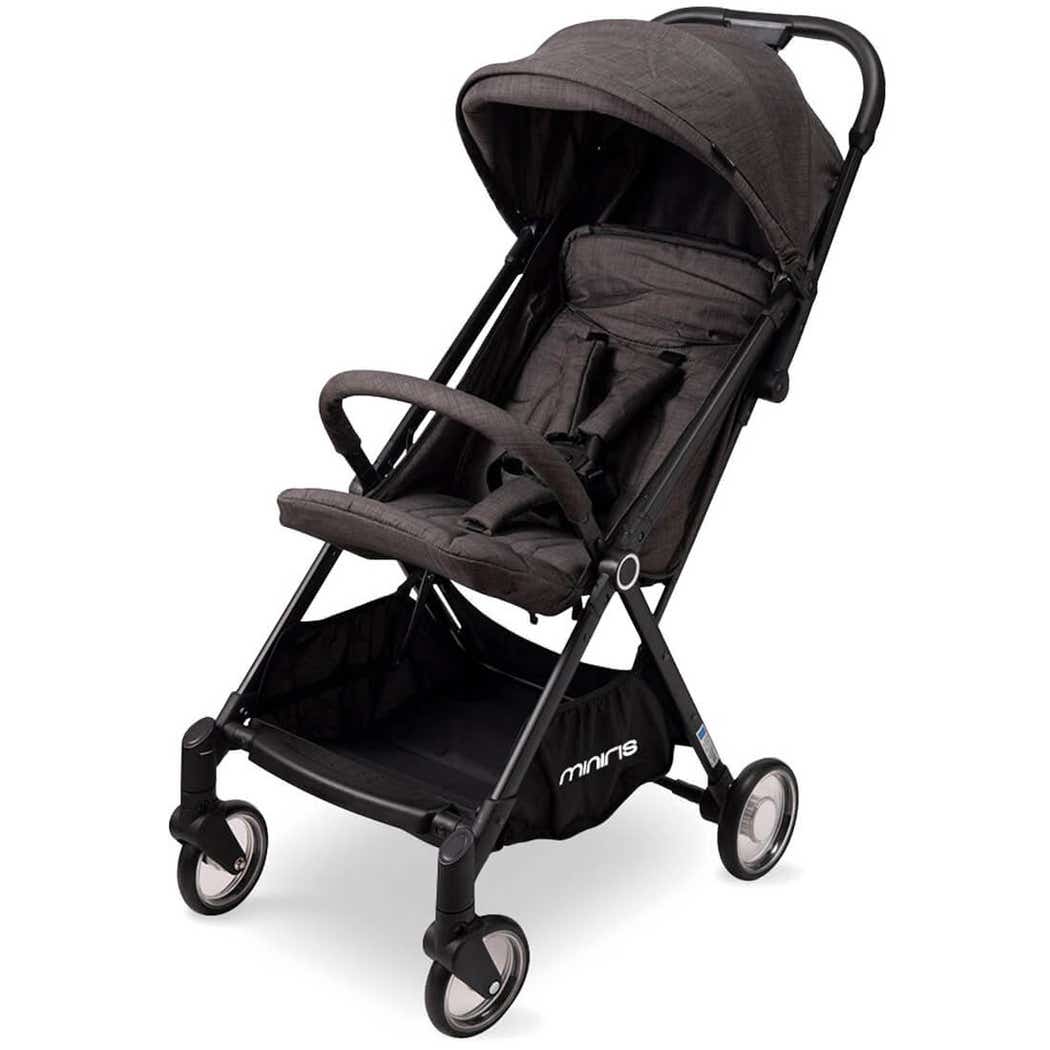 Baby strollers
Baby strollers
 Baby toys
Baby toys
 Baby carriers
Baby carriers
 Car seats
Car seats
 Baby walkers
Baby walkers
 Baby rockers
Baby rockers
 Baby beds
Baby beds
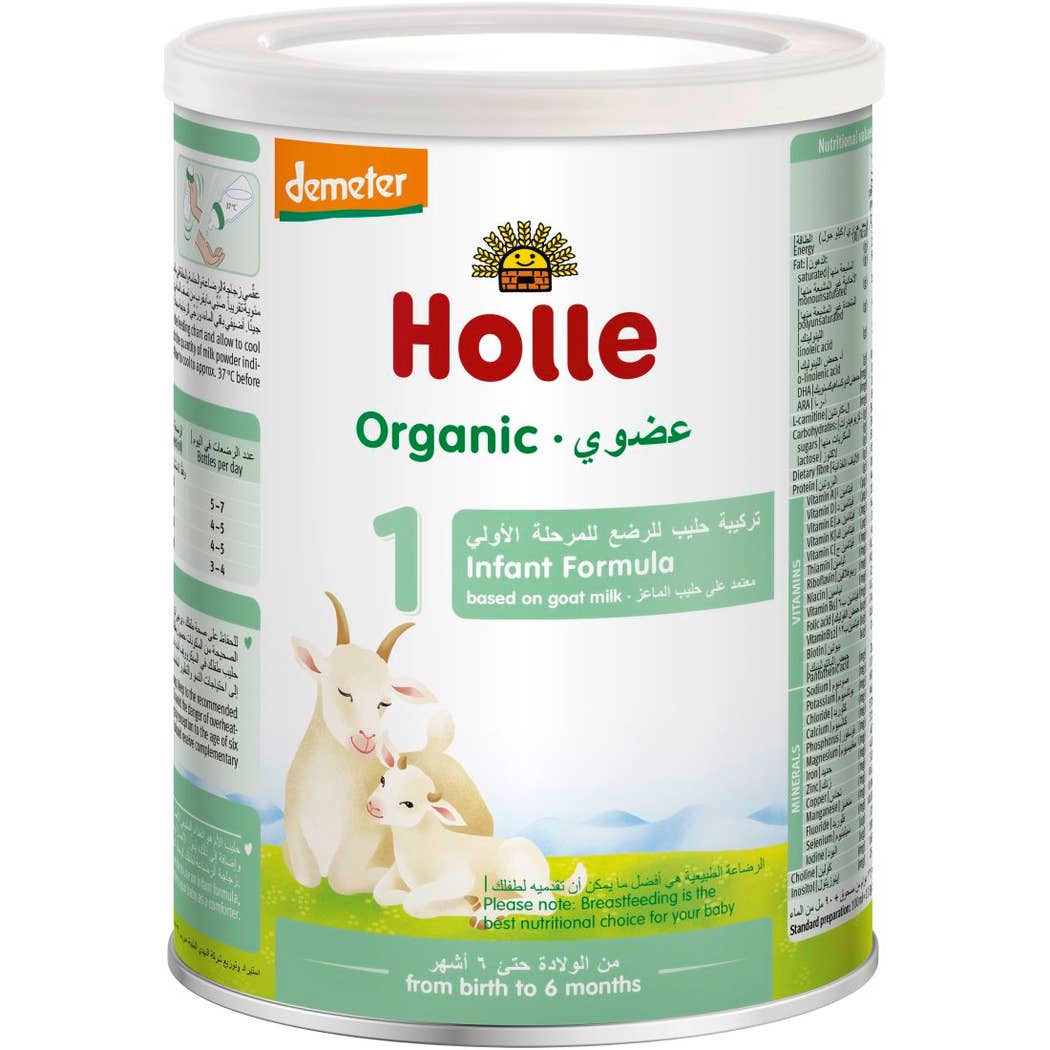 Baby milk
Baby milk
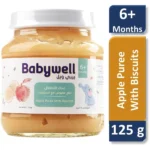 Baby food
Baby food
 Baby feeding supplies
Baby feeding supplies
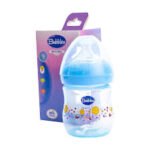 Baby bottles
Baby bottles
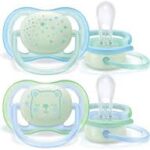 Pacifiers
Pacifiers
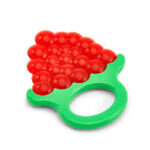 Teethers
Teethers
 Baby hygiene care
Baby hygiene care
 Skin care for babies
Skin care for babies
 Diapers
Diapers
 Perfumes for babies
Perfumes for babies
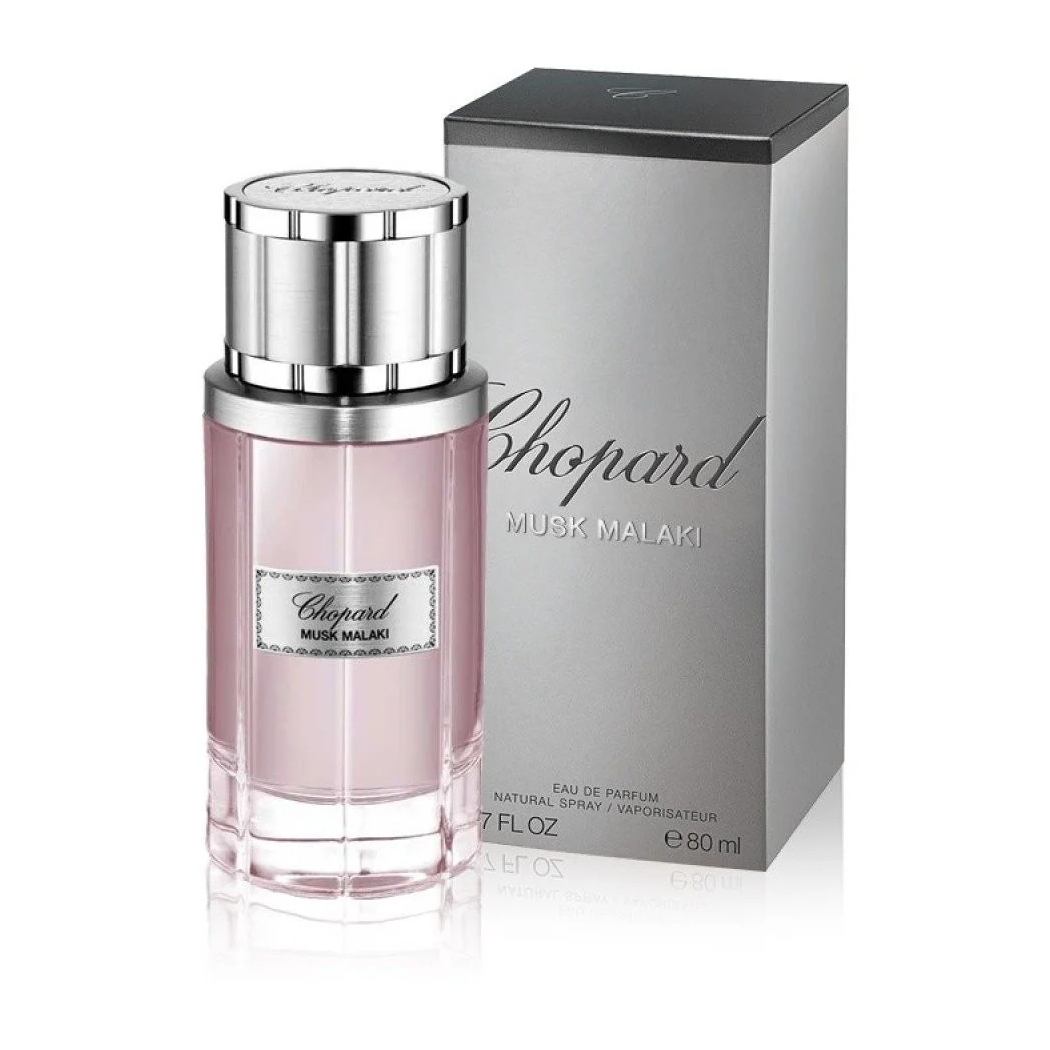 Women’s perfumes
Women’s perfumes
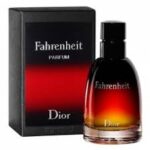 Men’s perfumes
Men’s perfumes
 Unisex perfumes
Unisex perfumes
 Oriental perfumes
Oriental perfumes
 Luxury perfumes
Luxury perfumes
 Hair perfumes
Hair perfumes
 Deodorants
Deodorants
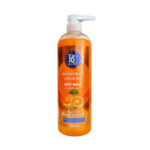 Body and shower care
Body and shower care
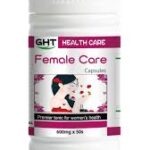 Women’s care products
Women’s care products
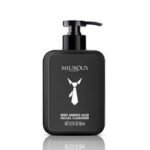 Men’s care products
Men’s care products
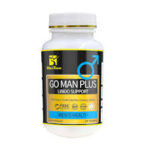 Sexual health
Sexual health
 Lipsticks
Lipsticks
 Eye Makeup
Eye Makeup
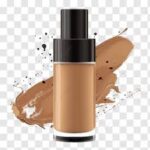 Face Makeup
Face Makeup
 False nails and lashes
False nails and lashes
 Contact Lenses
Contact Lenses
